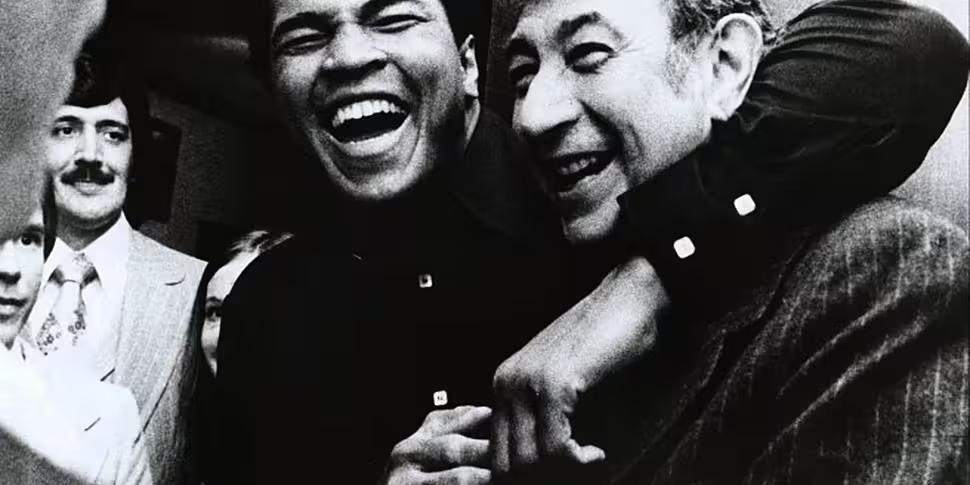"We have to say it, remember this is just a football game, no matter who wins or loses. An unspeakable tragedy, confirmed to us by ABC News in New York City: John Lennon, outside of his apartment building on the West Side of New York City, the most famous, perhaps, of all of The Beatles, shot twice in the back, rushed to Roosevelt Hospital, dead on arrival. Hard to go back to the game after that newsflash, which in duty bound, we had to take."
In a long and distinguished career, that announcement during a Monday Night Football game in 1980 is the commentary quote that Howard Cosell is most remembered for aside from his commentary association with Muhammad Ali, baseball and of course Monday Night Football.
Cosell, who passed away in 1995, would have turned 100 this week and we were joined by Dr John Bloom, associate professor at Shippensburg University and author of There You Have It: The Life, Legacy, and Legend of Howard Cosell to reflect on the legendary sports commentator who described himself as "arrogant, pompous, obnoxious, vain, cruel, verbose, a showoff" and had a "tell it like it is" approach.
"I just saw that it was his 100th birthday and it's kind of funny because he was surrounded by controversy always and I think one of the funny things about him was even the date of his birth is a controversy," Bloom told Joe.
"He was said in one of his books as being [born in] 1920 but if you look at census records, it was 1918 so he would have been 100 years old this week.
"And another irony is he was born in Winston-Salem, North Carolina but he was anything but southern. He was very much a product of his Brooklyn ethnic neighbourhoods that he grew up in. He was Jewish himself and I see that as a big part of his identity as well.
"And he was a person of a lot of contradictions. In his writing and as he got older and in his speaking, he often was very critical of people who admired athletes. He called them sometimes 'jock sniffers'. But he himself was somebody who was really attracted to the world of sport and saw his career in that."
You can listen to the full interview with Dr Bloom on the podcast player.









